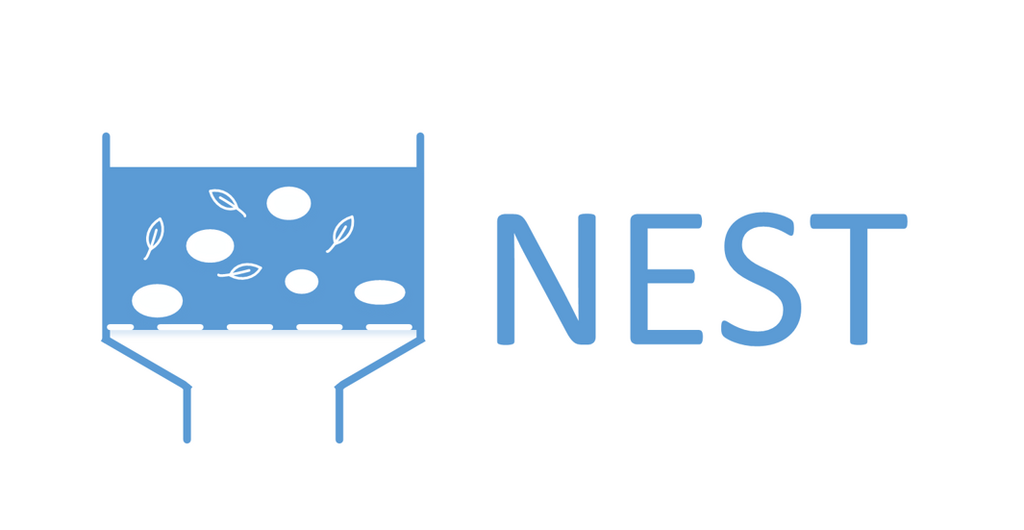
About NEST
Solid fuels play important roles for the energy systems in Nordic countries today and will continue to be important in the future. One part of the transition in energy systems…
Solid fuels play important roles for the energy systems in Nordic countries today and will continue to be important in the future. One part of the transition in energy systems towards a more sustainable future is to utilize waste and biomass residues as a replacement for some of the fossil solid fuels currently used in heat and power generation, and in energy intensive industry. In accompany with the fuel transition, new technologies, such as Chemical Looping Combustion (CLC) and Pulverized Biomass Combustion, are being developed and/or applied in industry in Nordic countries. One of the major challenges in the fuel transition, especially for the new technologies, is that the ash in waste and biomass residues can cause operational problems, such as deposition, corrosion, and bed agglomeration.

The Nordic Network in Solid Fuels towards Future Energy Systems (NEST) aims to develop a strong network among researchers and PhD students in Nordic universities working with solid fuels. The project focuses on maximizing the synergy among the researchers and PhD students to identify and address challenges related to the application of solid fuels in processes that are of future importance.
NEST involves mainly the exchange of PhD students among the Technical University of Denmark, Chalmers University of Technology, and Åbo Akademi University. A workshop involving participants from industry and academia in Nordic countries to identify common challenges and interests, and to facilitate further collaboration will also be organized as part of the project.

